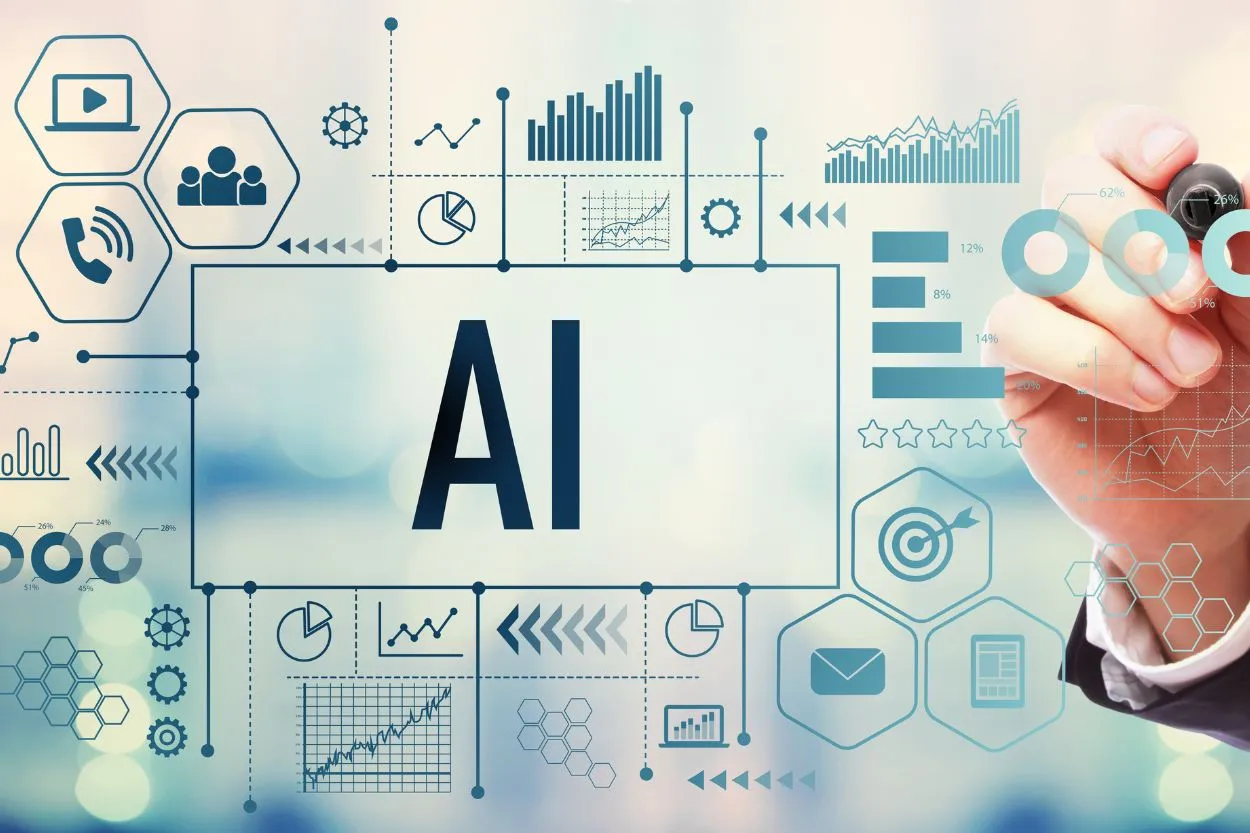Important Factors to Consider for Integrating AI into the Workplace Preparation.

In the present-day work environment, business leaders have a unique opportunity to create work experiences that incorporate technology to enhance the human experience. A crucial skill for leaders to possess is adaptability to change, given the constant disruption in the market and the continual application of new skills and systems in the workplace. Though the implementation of AI is not a solution to everything, it is important to prioritize employee satisfaction and personal development as valuable investments for employers.
Considering the integration of artificial intelligence systems in our daily work routines, it is likely that they will be incorporated into the systems we already use to attain consistent business outcomes and electronic performance support.
Topic: Leveraging Electronic Performance Support Systems in Business
EPSS or Electronic Performance Support Systems are not a novel concept and do not always necessitate the application of generative AI systems to operate. Back in the 1990s, industry expert Gloria Gery already recognized the potential cost savings that organizations could achieve by providing a smart electronic coach to employees while they work. EPSS can guide employees on the best next steps to take and even proactively offer access to data and troubleshooting steps before errors occur. Just imagine how beneficial it would be to have such a tool in your own job!
If you're interested in incorporating AI into your business, here are 5 tips to help you get started. There are various support systems that organizations use to ensure their employees follow preferred practices and achieve successful outcomes. These systems, including checklists, process maps, cue cards, task automation, and more, require careful design and implementation. Legacy EPSS, for instance, contains truthful and preferred information, automation, and coaching, which help model successful employee behaviour.
Today's digital workplaces have various systems that function as EPSS, such as knowledge bases, wikis, chat, tutorials, automation systems, and online searches for training and influencer tips. With generative AI systems like OpenAI's ChatGPT, Microsoft's Bing, and Google's Bard, the workforce has new tools that can be used for performance support.
When using AI for performance support, training is crucial. The organization's prior performance support implementations contain proprietary data, policies, and procedures, which must be carefully developed to ensure consistent organizational outcomes. A blend of internal best practices and external information sources has been the source of many successful projects.
Using generative AI systems that are trained only on proprietary data sources could help in creating support materials and identifying support materials that experts might overlook. However, when open-source training data is used, the results may not be as reliable.
The debate of whether EPSS can replace formal training is relevant when implementing generative AI systems. Experts are better equipped to evaluate new information, whereas first-time performers may not have the same level of understanding.
When implementing AI systems, it's important to consider the source of the training data, whether it's open-source or proprietary. Organizations must decide if they're comfortable using proprietary data on an open-source AI system and if the open-source system could learn their secrets. It's also essential to ensure that the generated results are trustworthy and verifiable and that the variance of the generated results does not impact the consistency of organizational outcomes or behaviours.
It's important to strike a balance between human expertise and automation, considering employees' interests and emotional well-being. Organizations need to ask questions such as whether job satisfaction is affected when using AI systems and how client satisfaction is impacted by AI systems. Business leaders must also consider what competitive advantages are at risk of becoming commoditized by AI systems and who should make specific business decisions - systems or people.
The negative impact of AI support systems on the emotions of call centre agents is a prime example of how AI systems can adversely affect human beings. To design work experiences that leverage the best of technology to amplify the human experience, today's business leaders need to prioritize joy in the workplace - the joy of success, accomplishment, and feeling valued and wanted. It's crucial to consider the right questions when evaluating today's technology breakthroughs.

